TT Dynamic Range Meter v1.4a
size 4.17 MB
In January 2009, The Pleasurize Music Foundation launched a wide-ranging initiative for ending the “Loudness War” being waged by successive music releases. This initiative aims to introduce a dynamic standard through several phases.
TT Dynamic Range Meter makes it possible to provide releases with a whole-number dynamic value to be printed on the recording medium as a logo, giving consumers an immediate means of knowing the dynamic quality of a recording.
An online database is planned for furnishing information on music already released with the standard. In this way, conditions have been met for the creation of a single standard for audio recorded media – a step which was taken by the film industry over thirty years ago. Music with small dynamic range has a low value, for example DR4 (Dynamic Range = 4dB). Music with a large dynamic range has a higher DR value, for example DR14 or more. In this case, music can breathe and loud events are actually louder.
Founder and conceptual father FriedemannTischmeyer on the functions and aims of the Foundation:
“We believe that music – as an artistic means of expression – should transmit emotions. Nowadays, this is possible only to a limited degree because dynamics — a fundamental part of expressivity — are often missing. On a subconscious level, emotions are expressed by musicians emphasized with a feeling of urgency or insistence.
Modern mainstream music sounds like a flatly pressed board being rammed through loudspeakers and uses the greatest possible amount of intrusiveness just as advertising does – as a means of constantly trying to get the listener’s attention. In this way, a fundamental aspect of music is lost. Countless consumers who are old enough to remember more dynamic music are not even aware of what is wrong with releases nowadays.
The experience of buying music has become frustrating. Who wants to spend money for music that just beats your ears? This process of over-compressing music has been occurring in such a gradual, insidious way that many industry professionals are unable to draw clear boundaries between music that is over-compressed and music that is not. One thing is for sure: when we turn music off because it is getting on our nerves, then it is probably because of a lack of dynamics. Unfortunately, strongly compressed music is also an unpleasant way of generating aggression. We who create music have a certain responsibility with regards to the rest of society.”

![]()
![]()
DR-Meter-1_4a ( 4.17 MB )

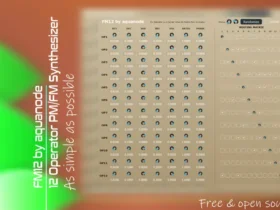
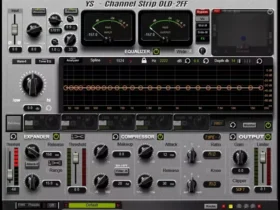
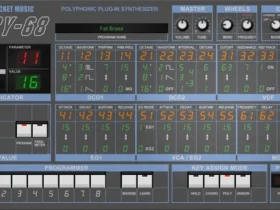
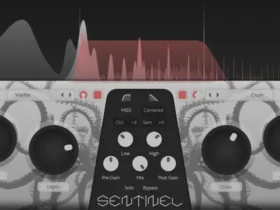
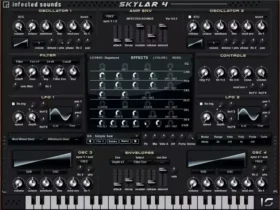
Leave a Review